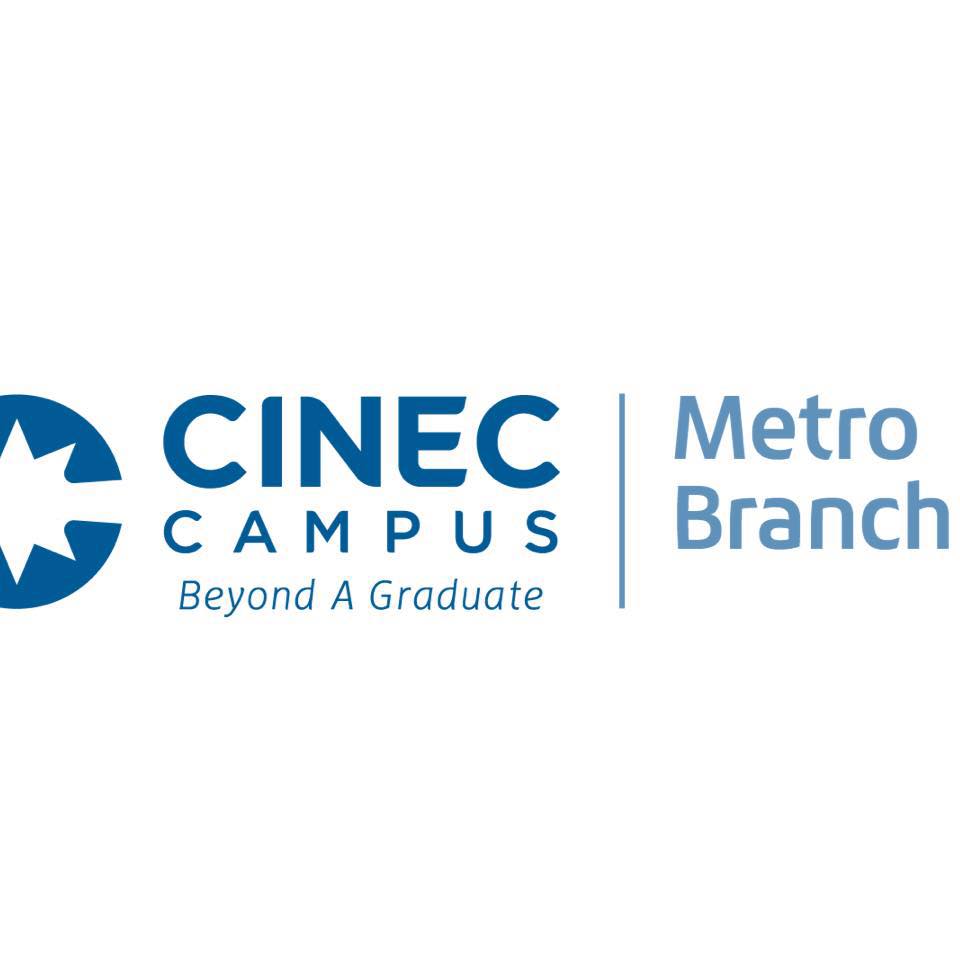Finance Degree in Sri Lanka

Finance Degree in Sri Lanka
A degree in Finance equips students with the skills and knowledge required to manage financial resources, analyze investment opportunities, and understand financial markets. In Sri Lanka, several institutions offer high-quality finance programs, preparing students for careers in banking, investment, and financial management. This guide provides detailed information about finance degrees in Sri Lanka, including top institutions, course content, and career prospects.
1. Introduction to Finance Degrees
A Finance degree provides students with a comprehensive understanding of financial management, investment strategies, and financial markets. The program covers topics such as financial analysis, risk management, and corporate finance.
2. Why Pursue a Finance Degree in Sri Lanka?
Sri Lanka’s growing economy and financial sector create a demand for skilled finance professionals. Pursuing a finance degree in Sri Lanka offers students practical knowledge, local industry insights, and opportunities for internships and networking.
3. Overview of Finance Programs
Finance programs typically include coursework in:
- Financial Management: Techniques for managing financial resources and making investment decisions.
- Investment Analysis: Evaluating investment opportunities and risks.
- Corporate Finance: Understanding financial strategies and management within organizations.
- Risk Management: Identifying and managing financial risks.
- Financial Markets: Analyzing financial markets and instruments.
4. Top Institutions Offering Finance Degrees in Sri Lanka
Several institutions in Sri Lanka offer finance degrees:
- University of Colombo: Provides undergraduate and postgraduate programs in finance.
- University of Sri Jayewardenepura: Offers comprehensive finance courses within its business programs.
- Informatics Institute of Technology (IIT): Includes finance in its business and management programs.
- Sri Lanka Institute of Marketing (SLIM): Offers specialized finance courses and certifications.
5. Course Structure and Content
Finance degree programs generally include:
- Core Modules: Basics of financial management, investment analysis, and corporate finance.
- Practical Training: Case studies, simulations, and hands-on projects.
- Electives: Specialized courses such as international finance or financial planning.
- Capstone Project: A final project that integrates learning and demonstrates practical skills.
6. Admission Requirements
Admission requirements typically include:
- A high school diploma or equivalent.
- Some programs may require relevant work experience or a background in economics or business.
- Entrance exams or interviews may be required by certain institutions.
7. Duration and Cost
The duration of finance degree programs is usually:
- Bachelor’s Degrees: Typically 3 to 4 years.
- Master’s Degrees: Usually 1 to 2 years.
Costs range from LKR 50,000 to LKR 200,000 per year, depending on the institution and program level. Additional expenses may include textbooks and materials.
8. Benefits of a Finance Degree
A degree in Finance offers several benefits:
- Professional Skills: Develop expertise in financial analysis, investment, and risk management.
- Career Advancement: Enhance employability in various financial roles.
- Industry Insights: Gain knowledge relevant to the local and global financial markets.
- Networking Opportunities: Connect with professionals and potential employers in the finance sector.
9. Career Opportunities with a Finance Degree
Graduates can pursue various career paths, including:
- Financial Analyst: Analyzing financial data and making investment recommendations.
- Investment Banker: Managing investments and financial transactions.
- Financial Planner: Advising individuals and organizations on financial planning.
- Corporate Finance Manager: Overseeing financial operations within a company.
- Risk Manager: Identifying and managing financial risks.
10. Continuing Education and Professional Development
Continuing education options include:
- Advanced Degrees: Master’s and PhD programs in finance.
- Certifications: Professional certifications such as CFA (Chartered Financial Analyst) or CPA (Certified Public Accountant).
- Workshops and Seminars: Short-term training to stay updated with financial trends and regulations.
11. Conclusion
A finance degree in Sri Lanka provides a strong foundation for a successful career in financial management, investment, and analysis. With several reputable institutions offering comprehensive programs, students can gain valuable skills and knowledge to excel in the dynamic field of finance.
Explore more Accounting and Finance Courses in Sri Lanka
Click here to find Accounting and Finance Degree in sri Lanka
Click here to find ගිණුම්කරණ ක්ශේත්රයට උනන්දු ඔබ වෙනුවෙන්මයි! Exploring Accounting Courses in Sri Lanka
Click here to find Accounting Degrees In Sri Lanka
Click here to find Accounting and Finance Degrees in Sri Lanka
Click here to find Exploring Accounting Courses in Sri Lanka
Click here to find Finance Jobs in Sri Lanka
Click here to find Banking and Finance Degrees in Sri Lanka
Click here to find Finance Courses in Sri Lanka
Find Private Universities in Sri Lanka to start your future course today
Visit this link for accurate information on courses in Sri Lanka and additional details about the institutes.
Feel free to let us know if you need any more details! or visit studyway.lk for more details
Call 0117662626


























